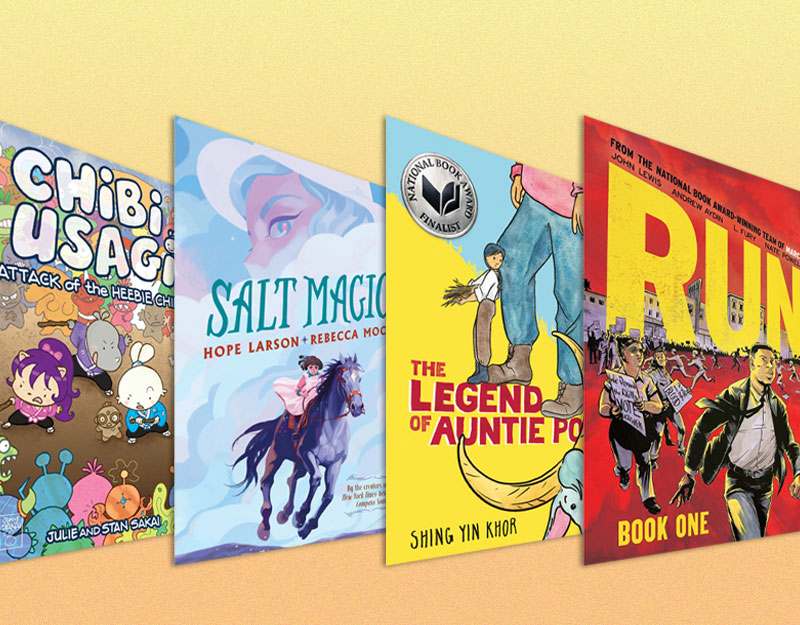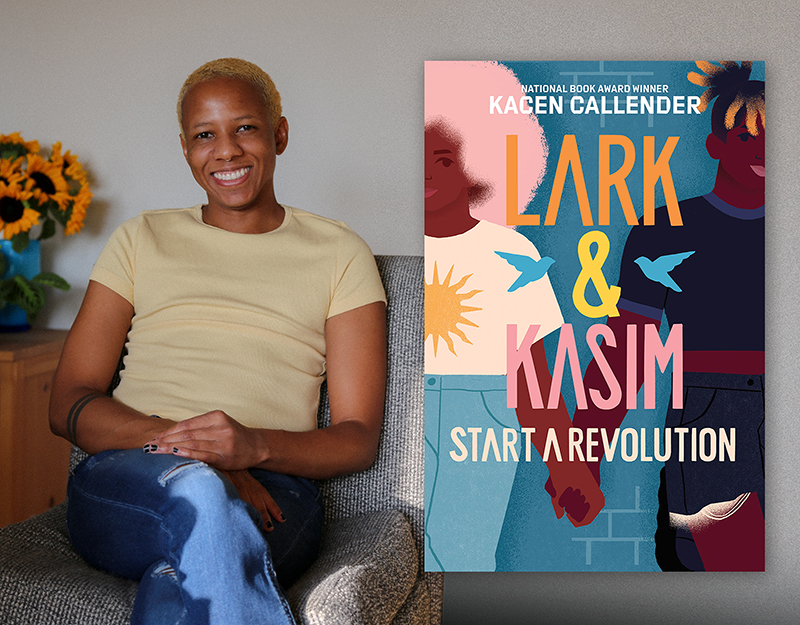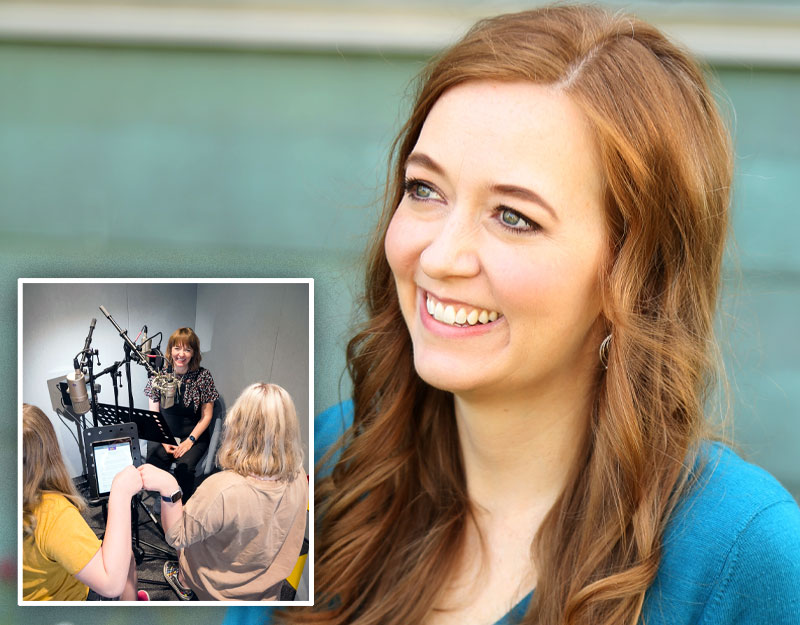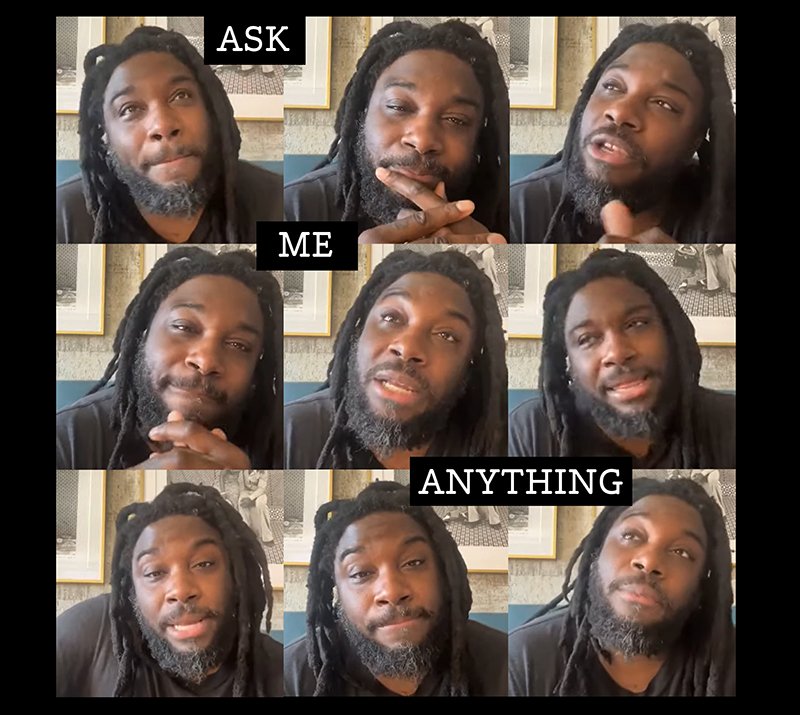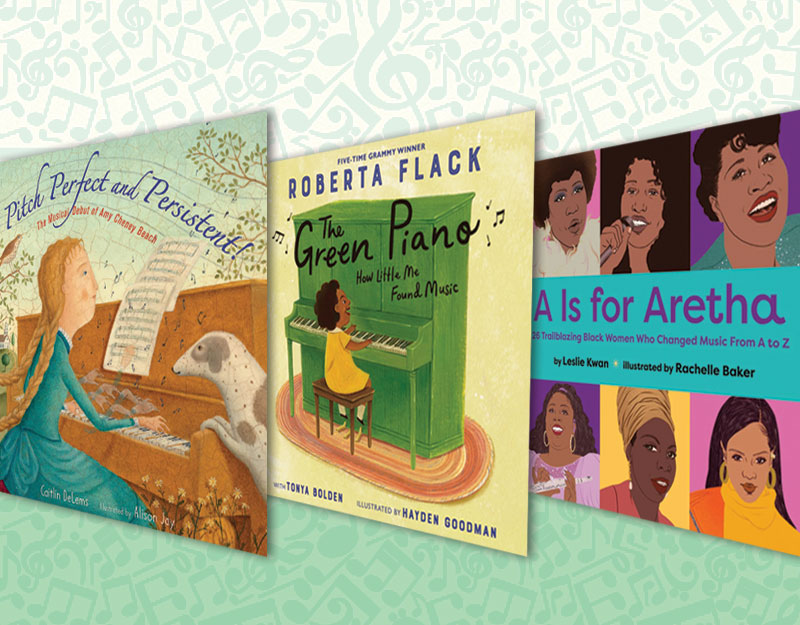Guest Post: Welcome Back Authors by Laura Shovan
Today I yield the floor to author Laura Shovan with a guest post that’s going to speak volumes to the children’s book authors out there.
WELCOME BACK, AUTHORS
As schools open to visitors again, what do educators want authors to know about SEL?
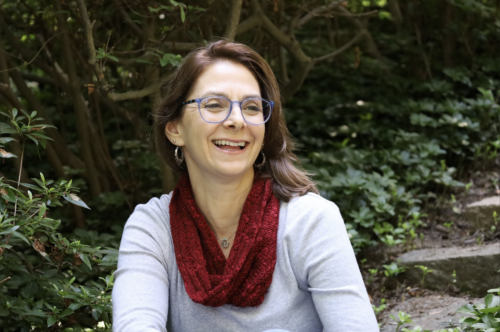
In March of 2020, I was preparing lesson plans. Every spring for the previous twelve years, I had the honor of being Poet-in-Residence at a local elementary school. I’d been part of the school’s fabric for so long that kids recognized me in the hallway. “It’s the poet!” they’d cheer.
That residency was canceled, of course. Three years later, as we learn to live with the Covid-19 virus, my schedule is filling with school visits and residencies again. I can’t wait to share my new book, Welcome to Monsterville, a children’s poetry collection in which monsters embody human emotions. But, as excited as I am about returning to schools and libraries, I’m also wondering: How should I prepare myself for what’s changed in the last three years? As one of my educator friends said, “The kids are not yet OK.” Although schools were already engaged in supporting children’s social emotional learning (SEL), those efforts have taken on new meaning and urgency.
ADVERTISEMENT
ADVERTISEMENT
I asked three educators about SEL and what schools need to share with authors to ensure a successful visit. Darius Phelps, a doctoral student at Teachers College, Columbia University who is also a poet, spoken word artist, and adjunct professor at CUNY Queens, Hunter College, and Teachers College; Linda Mitchell, a school librarian in Virginia; and Treva Hilliard, a public school educator in Maryland who has spent the last 27 years teaching third grade.
“During the pandemic, all of our lives have changed, including those of our youngest children, who are used to learning by interacting with others,” Darius said. “Children are having to learn what it means to truly socialize again. We must be patient and willing to support [and] guide them through this process.”
Linda and Treva both let me know that schools typically have a set definition of SEL, which can often be found on the state department of education website. Darius added, “When I hear the word/acronym of SEL, the first thing that comes to mind is vulnerability and emotions… The pandemic has been life changing, and we all could use a space to share all that is weighing heavy on our hearts. As educators, we need to research and cultivate brave spaces for our students via social emotional learning in creative ways.”
One of the ways that Treva cultivates this brave space is through “circle up” time. She said, “Conducting this circle daily helps build community and respect not only between me and the students but also between the students. Taking fifteen minutes a day for our circle pays back in stronger relationships and children feeling valued and seen.” Treva uses Kindness 101 with Steve Hartman to support social emotional learning. “I show daily video clips focusing on empathy, courage, service, fortitude, perseverance, etc. We then either complete a journal entry about it or ‘circle up’ to discuss it. These have become a huge part of our SEL time and have been very impactful.” She said that teachers have a heightened awareness of kids’ social-emotional needs. Some districts have done mandated training on trauma-informed education.
Speaking of trauma, Linda said that visiting authors “need to know that students can be acting out of stress [and] trauma.” This can show up in language, behavior, but also as “selective
mutism, anxious self-harming kids… as well as fighting.” However, Linda pointed out, “There is a lot of good going on with kids that are recovering from the pandemic days. There are kids that are just so happy to be in school… But we are still recovering and will be for a while.”
She advised that students and staff to prepare for an author visit well in advance. Planning ahead is what makes an author event successful, especially after several years of schools being closed to visitors.
Treva also recommends that organizers and authors talk about what the school is emphasizing at the time of the visit. “There are often behavioral themes being focused on. Find out who their mascot is, what is their school pledge, and what their school wide reward system is. These may be helpful to know … so that you feel a part of that school community during your visits,” she said.
Because my new book is about sitting with such feelings as empathy, fear, frustration, and self-love, I wondered how schools are using writing to help children understand their emotions.
Darius said, “Poetry can serve as that bridge to helping our students work through their emotions. Poetry is a part of that unknown that welcomes you with open arms, beckoning you to become the best version of yourself that you can be, no matter if you are the writer or the reader. Poetry has the effect… to heal the depths of your soul.”
However, at Linda’s school, “because of the changes in the way school work is graded and how so much is now turned in on-line, kids do very little actual writing. Letting teens work through their emotions? There isn’t space or time for that in a school day.” As a result, she uses club time to do SEL activities, circle time, “and mood-boosting community service.”
The district where Treva teaches has purchased a program for writing, which gives classroom educators less room to develop their own writing prompts. That’s part of what makes author visits which incorporate writing time so exciting. They are a time, “for our children to express themselves,” she said.
Finally, I was curious about what books these educators are using as SEL resources.
“One of my all-time favorites… is forthcoming from the amazing Minh Lê,” said Darius. “Enlighten Me centers around a young Vietnamese boy learning the power of meditation and coming to terms with his emotions. “I am so excited for the rest of the world to have their copy in their hands, for it will break barriers, and change the way we teach SEL, especially for Young Men of Color.”
ADVERTISEMENT
ADVERTISEMENT
In addition to adding “as many graphic novels as possible” to her school library, Linda reported that “kids are re-reading books they’ve read before because it’s comfortable for them.” She has been using entertaining picture books to keep students engaged, such as That’s Life and What Do You Do With an Idea.
Treva has a long list of SEL-related titles that she continues to develop. Her favorite books on growth mindset are The Magical Yet, Giraffes Can’t Dance, Beautiful Oops, and The Dot. On the topic of self-esteem, she recommends Only One You, You Be You, The Name Jar, I Like Myself, and I Am Enough.
Books—and the authors who write them—acknowledge that “There is power in our narratives, our trials, tribulations, and triumphs,” Darius said. When authors and educators work together, they can support children as they “learn how to honor each other’s experiences and opinions with respect in order to reach a place of true understanding… all through the use of books.”
Laura Shovan’s award-winning children’s books include The Last Fifth Grade of Emerson Elementary, Takedown, and A Place at the Table, written with Saadia Faruqi. Laura is a longtime Maryland poet-in-the-schools. She also teaches at Vermont College of Fine Arts. Her book Welcome to Monsterville, illustrated by Michael Rothenberg, will be published in April. https://laurashovan.com
Filed under: Guest Posts
About Betsy Bird
Betsy Bird is currently the Collection Development Manager of the Evanston Public Library system and a former Materials Specialist for New York Public Library. She has served on Newbery, written for Horn Book, and has done other lovely little things that she'd love to tell you about but that she's sure you'd find more interesting to hear of in person. Her opinions are her own and do not reflect those of EPL, SLJ, or any of the other acronyms you might be able to name. Follow her on Twitter: @fuseeight.
ADVERTISEMENT
ADVERTISEMENT
SLJ Blog Network
Name That LEGO Book Cover! (#53)
Exclusive: Vol. 2 of The Weirn Books Is Coming in October | News
Fighting Public School Book Bans with the Civil Rights Act
North Texas Teen Book Festival 2024 Recap
ADVERTISEMENT



